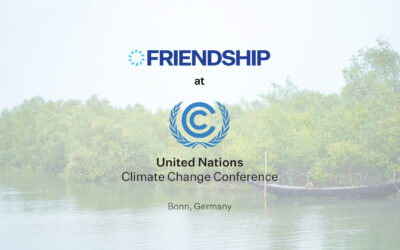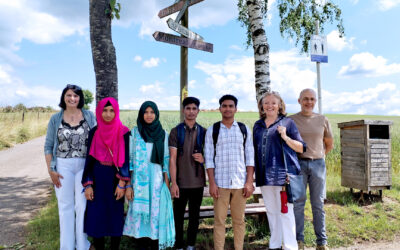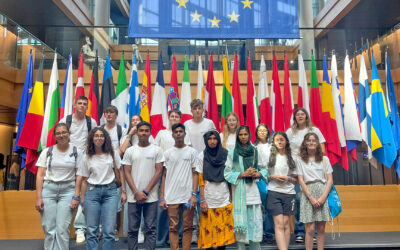Friendship founder Runa Khan explains why the world needs healthcare that takes care of all living beings, rather than just humans
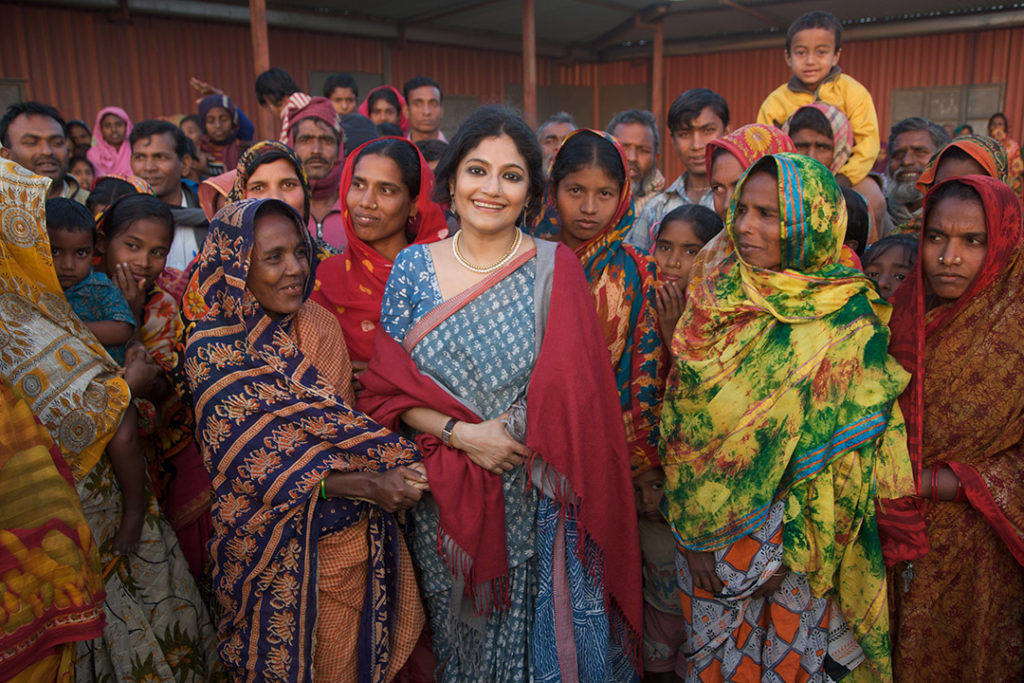
by RUNA KHAN
August 11, 2021
The health of a community is dependent on the health of its environment, its ecosystem. Each and every living being in that ecosystem needs to be healthy and only then a healthy environment for people can be created. Systems have worked in silos—human health, animal health, environment. Healthcare systems typically focus on human health, wellbeing, mental health, prevention, and cure, often ignoring the ecosystem of life around them of the animals, plants, environment often ignoring even spiritual health.
A pandemic or a climate disaster wakes us up to the links between human, animal and environmental health. One Health, a movement to include the health of all living beings in the global healthcare systems, first emerged in the early 2000s, and gained worldwide influence after the H5N1 influenza outbreaks and later the H1N1 pandemic. More understanding set in but not always was more action taken towards this being implemented.
The study of linkages between human and environmental health is as old as the field of medicine itself. Hippocrates wrote about it extensively in his work titled On Airs, Waters and Spaces in 400 B.C. We get our food from plants and animals in our environment. Their health gives us ours. The air we breathe, and the conditions of our environment are crucial to our survival. A change in temperature or air quality, noise, amount of greenery around us, for example, can have a pronounced impact on a community’s health.
Scientists began studying the passing of infectious diseases from animals to humans at least as early as the 1800s. The 14th century bubonic plague, the 1918 influenza pandemic, malaria, dengue, HIV/AIDS and Ebola are other examples of public health emergencies originating from animals. The Covid-19 pandemic is also suspected to have emerged from our nonhuman neighbours.
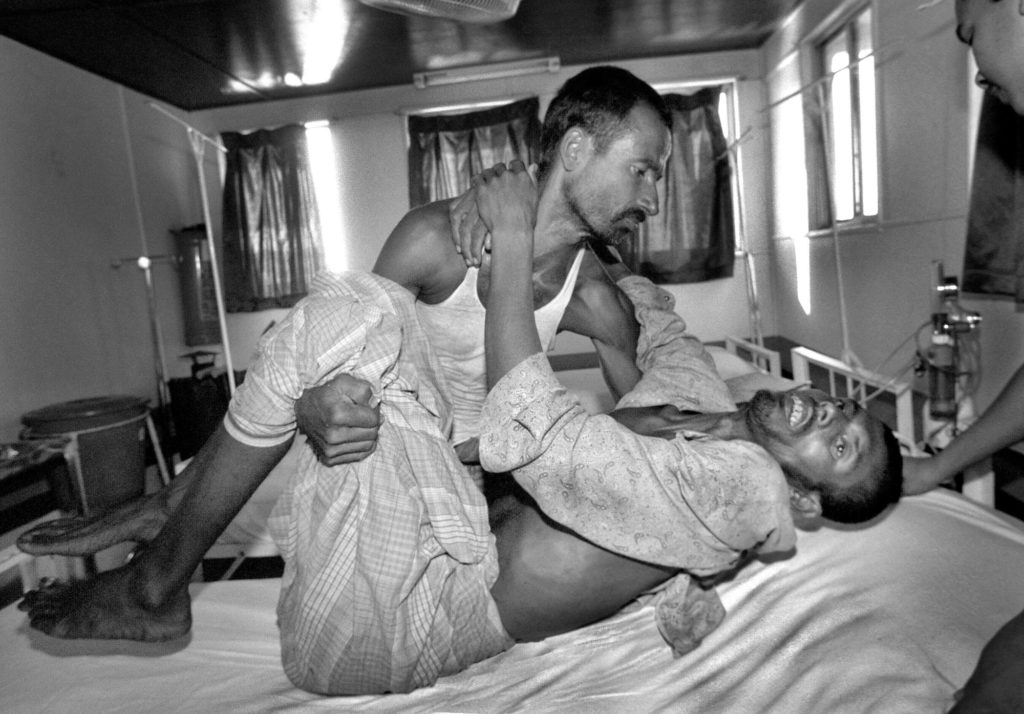
When these health emergencies strike, traditional healthcare systems are swamped and overwhelmed, unable to cope with the sheer numbers of patients. Scientists have showed that ending the destruction of the natural environment can stop pandemics, more cheaply and effectively than scrambling to cope with their implications.
Economic aspirations push industries and human dwellings to take over habitats of other species. Thomas Gillespie, associate professor of Emory University, has been studying how shrinking natural habitats cause viruses to jump from animals to humans. Coronavirus, he says, is the tip of the iceberg.
“We cut the trees; we kill the animals or cage them and send them to markets,” writes David Quammen, author of Spillover: Animal Infections and the Next Pandemic. “We disrupt ecosystems, and we shake viruses loose from their natural hosts. When that happens, they need a new host. Often, we are it.”
Covid-19 has also showed us that unless all countries of the world have adequate healthcare systems, none of us are safe. Even the one unaddressed person can spread the disease, bringing economic and health disaster. Today healthcare is concentrated in a few privileged populations. Only 0.3% of Covid-19 vaccines administered to-date have gone to people in low-income countries. But unless all of us as are safe, none of us are safe. It is the same for our ecosystem. If animals and environment are not given their space with respect, this disbalance may continue in our world.

The need for healthcare that addresses all living beings regardless of economic disparities, and gives space and respect to every living being we share our world with, is what brought me together with many likeminded people to begin the One Sustainable Health (OSH) Forum. OSH is a global, multidisciplinary effort to address human health in unison with environmental and animal health, led by Secretary General Benoît Miribel; the French doctor, diplomat and historian Jean-Christophe Rufin, who first chaired the Council of Strategic Orientation; myself, Runa Khan with others who truly believed in this concept.
The forum is supported by World Health Summit in Berlin, the Geneva Health Forum, and the One Sustainable Health for All Foundation in Lyon. In July 2021 we launched six international working groups to help develop an integrated approach without borders in favour of One Health. The working groups bring together scientists, academicians and practitioners who will put together concrete recommendations of new operational actions and public policies in favour of universal health. These actions and recommendations will be closely linked to changes in the economic, social, energy, and ecological paths that will take effect to achieve the 2030 Sustainable Development goals.
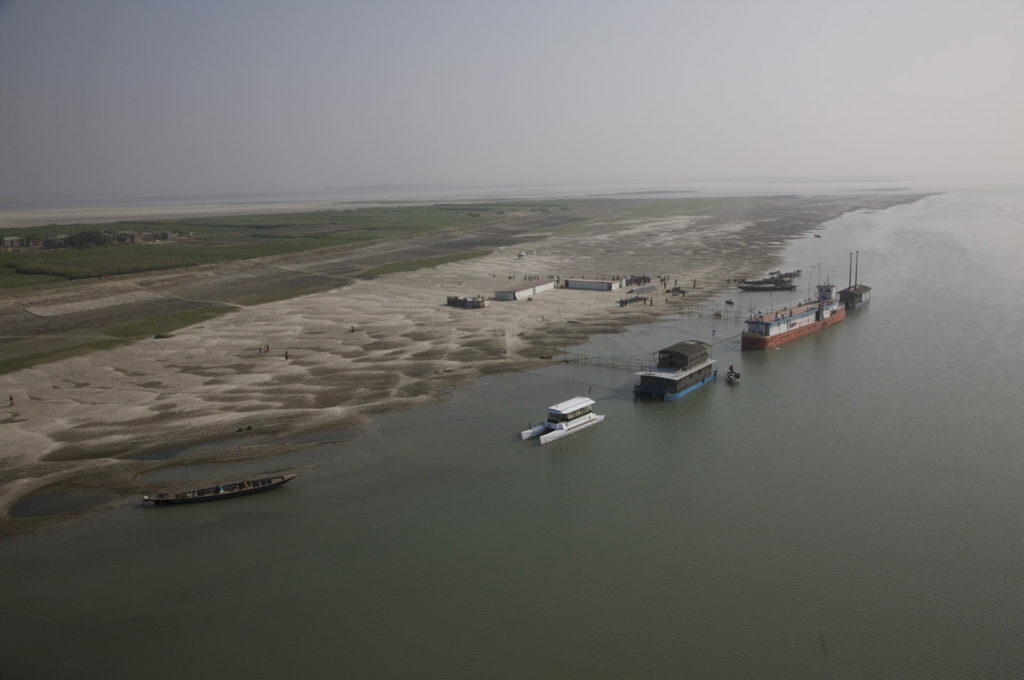
The six working groups will address the following topics:
- mitigating the impact of environmental pollution, climate change and pressure on biodiversity to reduce diseases
- towards sustainable food and nutrition
- adapting human-environment paradigms for better human and planetary health
- equitable access to quality healthcare
- global levers of change to foster OSH, and
- developing OSH practices and resilience within indigenous and other local communities.
“The health of humans, animals and ecosystems are closely intertwined,” said Tedros Adhanom Ghebreyesus, director general of the World Health Organization, in a recorded message at the launch event. “The emergence of Covid-19 has underlined the need to strengthen the One Health approach. Working together, we can build the safer, healthier and greener world we all want.”
Human health is interlinked to all life. We all have a right to this planet. Humans need to accept this respectfully. We need to consider the ecosystem of all needed elements for survival, so that health is not an element to be addressed dramatically when crises arise, or in isolation. But healthy life becomes an outcome of our way of life and living.
A version of this article was printed in The Daily Star on August 11, 2021.

